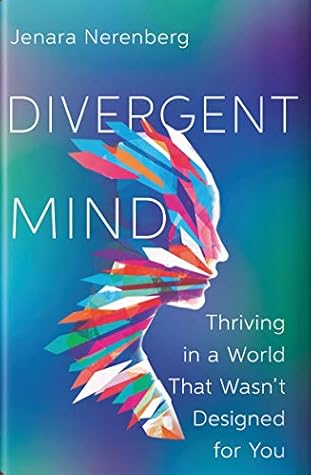More on this book
Community
Kindle Notes & Highlights
Read between
December 21, 2022 - January 2, 2023
Many women I interviewed with ADHD feel incredibly fragile and “overly sensitive” to the highly regimented structures of their lives and report a sense of shame at not being able to comply with expectations. They can do quantum physics, write PhD dissertations, or travel the world as stand-up comedians, but when it comes to what is expected as “the basic duties” of being a “functional adult,” they are left feeling deeply incapable.
still think ADHD has a bad name,” she says. “I hesitate saying it. I can now say I’m dyslexic and not feel bad; I feel that stigma is gone. But the stigma with ADHD is still there. It’s not well known, and it’s only because I have it myself that I realize how different it is for different people.”
Medicine Woman: Reclaiming the Soul of Healing (2018). In it she pays particular attention to physical ailments, such as fibromyalgia and chronic fatigue syndrome, that sometimes accompany sensitivities and neurodivergences—and that are often dismissed by the medical system because of gender bias.
Eugenia Kuyda developed Replika, an AI chatbot that responds realistically to those in need of listening, empathizing, reassurance, and connection. She developed it as a way to process her grief after her best friend was killed in a car accident. I witnessed a demo of her product and was
“Beyond the Five Senses” written by Matthew Hutson further expands on additional senses, what happens when they get crossed, and the implications. He writes, “The brain is surprisingly adept at taking advantage of any pertinent information it receives, and can be trained to, for instance, ‘hear’ images or ‘feel’ sound.”


